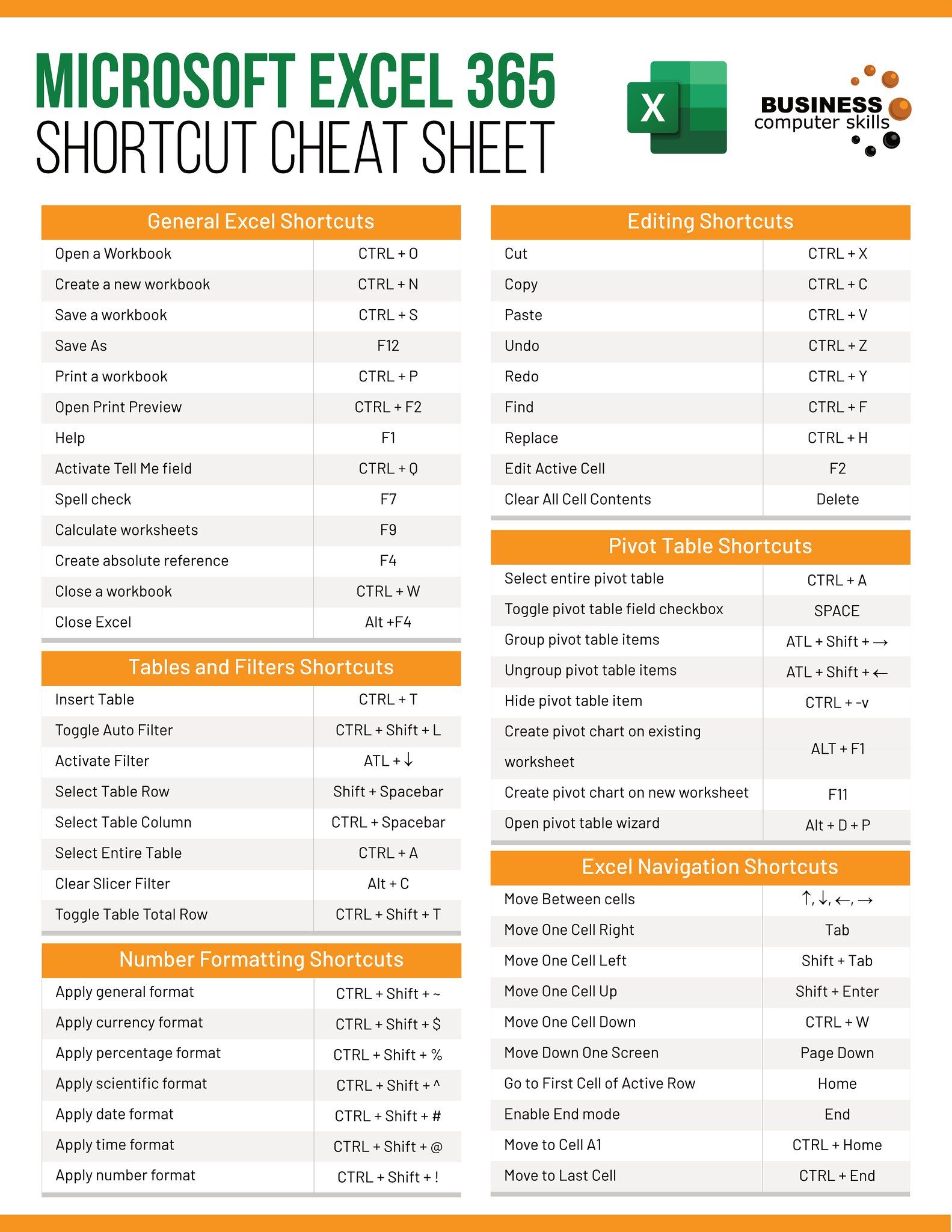5 Quick Tips for a Blank Excel Sheet

If you often find yourself staring at a blank Excel sheet, not quite sure how to begin, you're not alone. Many people struggle with where to start when they open Microsoft Excel, but fear not! With these five quick tips, you can transform a blank Excel sheet into a powerful tool for organizing, analyzing, and presenting data efficiently.
1. Set Up Your Excel Sheet with a Clear Structure

Before you enter any data, take a moment to plan your worksheet:
- Plan Your Columns: Decide what information you want to track. Each column should represent a specific piece of information, like Name, Date, Amount, etc.
- Freeze Panes: Use 'Freeze Panes' to keep row and column titles visible as you scroll through your data. Go to View > Freeze Panes and choose how you want to lock the panes.
- Use Descriptive Headers: Make sure your column headers are clear and descriptive. This helps with navigation and understanding the data at a glance.
2. Formatting for Better Readability

Effective formatting can significantly enhance your Excel sheet's usability:
- Adjust Column Widths: Use the Format > AutoFit Column Width to ensure all data is visible.
- Conditional Formatting: Apply conditional formatting to highlight trends or outliers. For example, use Home > Conditional Formatting to highlight cells with values above a certain threshold.
- Cell Styles: Use predefined styles for headers, totals, or emphasis to maintain consistency.
3. Data Validation

To maintain data integrity:
- Set Data Validation Rules: Go to Data > Data Validation to restrict data entry to specific types, formats, or ranges.
- Dropdown Lists: Use data validation to create dropdown lists for cells to limit input options, reducing errors and making data entry faster.
4. Utilize Excel Formulas

Formulas are at the heart of Excel's functionality. Here are some you might find useful:
- Basic Calculations: Use SUM, AVERAGE, MIN, MAX, etc., for quick data analysis.
- Lookup Functions: VLOOKUP or INDEX/MATCH for cross-referencing data.
- Conditional Formulas: IF, SUMIF, COUNTIF for conditional data manipulation.
💡 Note: Remember to use absolute cell references ($A$1) when copying formulas to prevent shifting.
5. Explore PivotTables for Advanced Analysis

PivotTables are powerful for summarizing large data sets:
- Create a PivotTable: Select your data range, go to Insert > PivotTable, and Excel will set up your PivotTable for you.
- Drag and Drop Fields: Add fields to the Row, Column, Value, or Filter areas to customize your analysis.
- Slicers: Use Slicers to make your data interaction more intuitive.
Remember, Excel sheets are dynamic; they can evolve with your needs. As your proficiency grows, these tips will become second nature, allowing you to handle more complex tasks with ease.
So, the next time you open a blank Excel sheet, instead of feeling overwhelmed, you'll be ready to dive in and make the most out of this versatile tool. Whether it's for managing personal finances, tracking project milestones, or analyzing vast data sets, these tips will help you set up your Excel sheets for success.
What are some basic Excel formulas I should know?

+
Some basic but essential Excel formulas include SUM, AVERAGE, MIN, MAX, COUNT, and IF. These formulas help with basic calculations and data manipulation.
Can I use Excel for project management?

+
Yes, Excel can be used effectively for project management. You can track tasks, set deadlines, manage resources, and monitor project progress with custom templates or built-in features like PivotTables.
How do I keep my data secure in Excel?

+
To secure your data, you can use Excel’s ‘Protect Sheet’ feature from the ‘Review’ tab to restrict editing capabilities. Password protection for opening or modifying files is also available, ensuring only authorized users can access your data.
What is the difference between VLOOKUP and INDEX/MATCH?

+
VLOOKUP searches for a value in the leftmost column of a table and returns a value from the same row in a column you specify. INDEX/MATCH is more flexible; you can match values in any column to look up values in another column, offering greater control over data retrieval.
How can I quickly copy Excel formulas without changing the references?

+
Use absolute cell references by adding dollar signs () before the column letters and row numbers in your formula, like A$1. This ensures the formula references do not change when copied to other cells.



